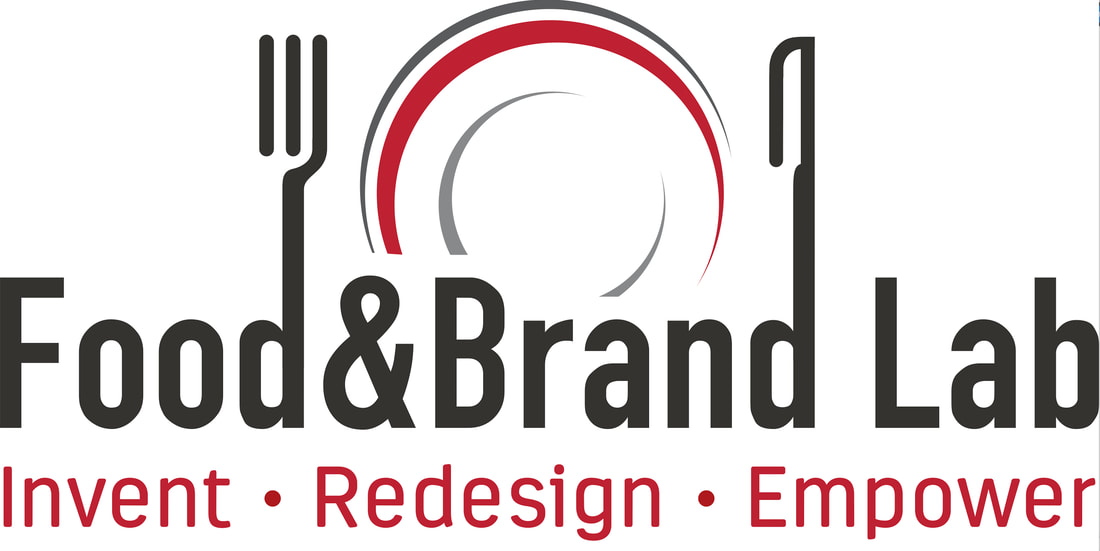Resources
Feel free to download and use any of the graphics, illustrations, videos, and resources on the page for educational purposes and with credit.
This work is licensed under a Creative commons Attribution-NonCommercial-NoDerivatives 4.0 International License.
|
SummaryIt is the position of the American Dietetic Association that food and nutrition misinformation can have harmful effects on the health, well being, and economic status of consumers. Consumers are interested in learning nutrition information, but it is often relayed to them incorrectly or misinterpreted.
There are three types of food and nutrition misinformation: food fads, health fraud, and misdirected claims. These types of misinformation lead consumers to unrealistically expect simple, convenient, and low–cost solutions to improve their health. Consumers are spending more and more on weight loss solutions, functional foods, dietary supplements, natural/organic foods, and natural personal care products and not all of the health claims on these products have been evaluated by the FDA. There are both short–term and long–term costs of food and nutrition misinformation, with possible short–term costs being physical harm from unknown drug–nutrient interactions, delay in seeking medical care for a problem, and unnecessary spending on ineffective products. Some of the long–terms costs of misinformation include psychological issues of suspicion and diminished self–efficacy, less attention paid to new findings, and difficulty in trusting health professionals. Consumers receive the majority of their nutrition information from the media, which may not be accurately presented. Misinformation occurs via the Internet as well, since anyone can post opinions without scientific evidence. Food companies also convey misinformation, through unproven claims or testimonials from public role models. Many traditional cultures also have food beliefs that are not scientifically accurate and consumers need to be aware of the adverse health risks following these cultural traditions can have. Effective nutrition information needs to be presented clearly and accurately in a broader context by dietetics professionals, allied health professionals, and the government and its regulatory bodies. Dietitians should collaborate with the media, researchers, the food industry, and consumers to ensure nutrition and food information is correct in order to positively shape food choices. Wansink, Brian (2006). Position of the American Dietetic Association: Food and Nutrition Misinformation. Journal of the American Dietetic Association, 106(4), 601–607. doi: 10.016/j.jada.2006.02.019. | ||||||
